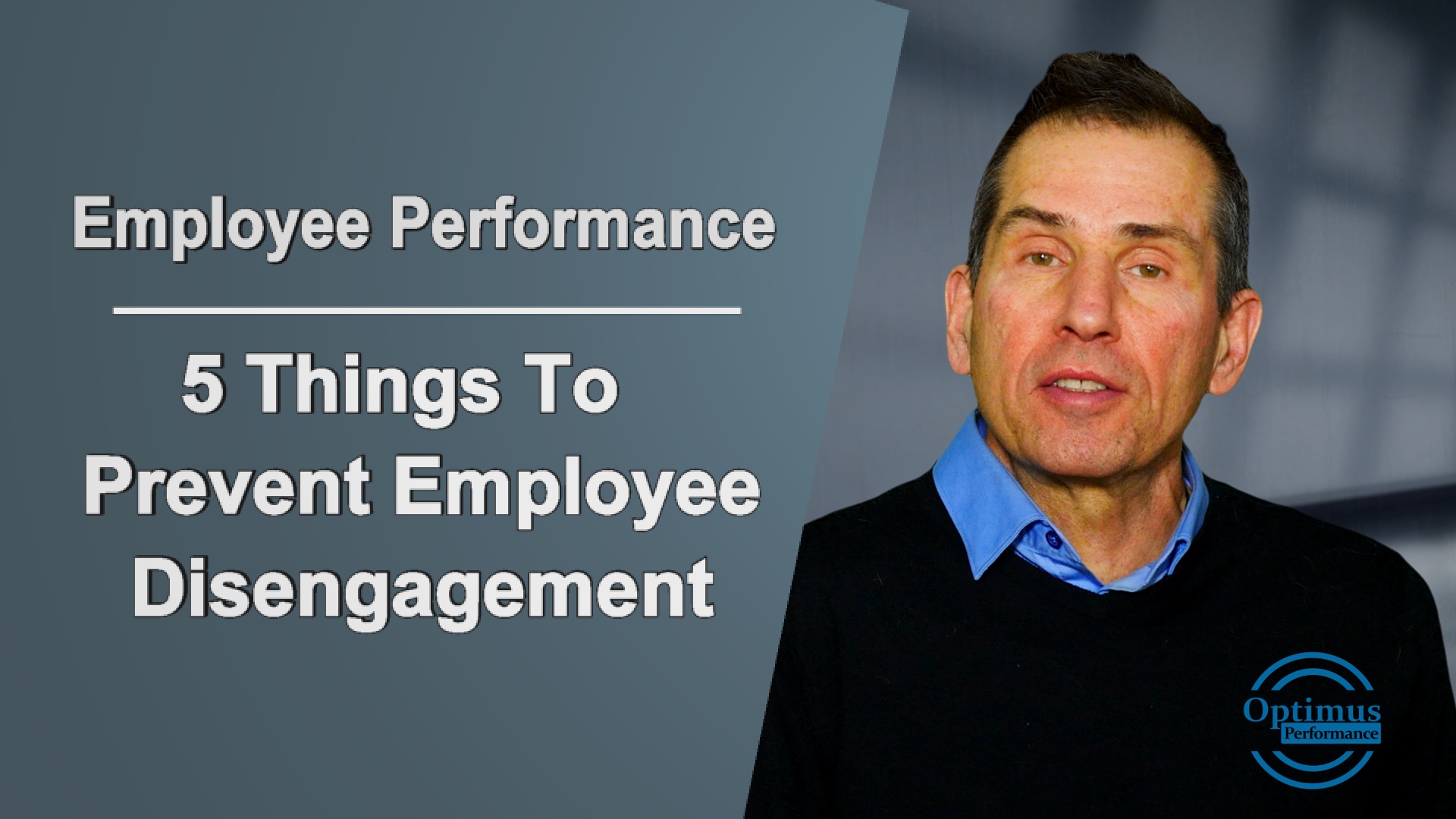Employees don’t suddenly become disengaged and start performing poorly. It happens over time and can be avoided in most cases with the proper strategy.
Many articles from experts in human resources claim some important reasons why people become disengaged in their work. I agree with most of them but have my own take on the key reason for employee disengagement and thus poor performance.
You do not know and understand your employees. That’s a big statement but it’s true in most cases. You may know them superficially, but do you really know what their aspirations are? Do you know what they are motivated by? Do you know how they feel about their job and prospects for the future?
Unless you take the time to sit down regularly with each employee and ask questions, you can only guess as to where they are it in terms of engagement and motivation for their work.
So before working on the issues below that many experts claim to be the main causes for disengagement, consider scheduling a one on one with each direct report every quarter at minimum.
- The work becomes routine and lacks challenge. When someone is hired, they are usually eager to learn and perform the job, but over time they will need new challenges to keep the job interesting.
- Lack of training and development/coaching. Everyone needs to improve their skills in order to perform better and feel that they are marketable should they need to look for another job.
- Lack of career growth options. Employees want to know if they can grow within the organization and progress into more interesting jobs with better pay or benefits.
- Poor relationships with a boss or another employee. Bad working relationships can cause stress and anxiety and cause employees to disengage and start looking for another job.
- Lack of recognition. Often employees get more negative feedback than positive feedback and this can wear them down over time.
There are other reasons I could list but these are powerful in terms of impact on employee engagement over time. Of course, fair pay and good benefits are important factors but once they are met the impact of the other items are big.
The way to prevent the above items from affecting employee engagement is to first learn about each person’s aspirations and needs. Some may be more concerned than others about training and development for example. Unless you take the time to meet each person regularly and talk to them you won’t know specifically what to do.
Once you have the proper information you can map out a plan for addressing their needs and concerns. You can align it with the goals of the department and job. This way you could design a plan in conjunction with the employee and review it together regularly. This would bind you together in a sort of agreement that is focused on meeting the unique needs of each person.
In an upcoming article and video, I will provide a worksheet with guidelines to map out a plan for each employee, so subscribe to my newsletter to be alerted about that.
